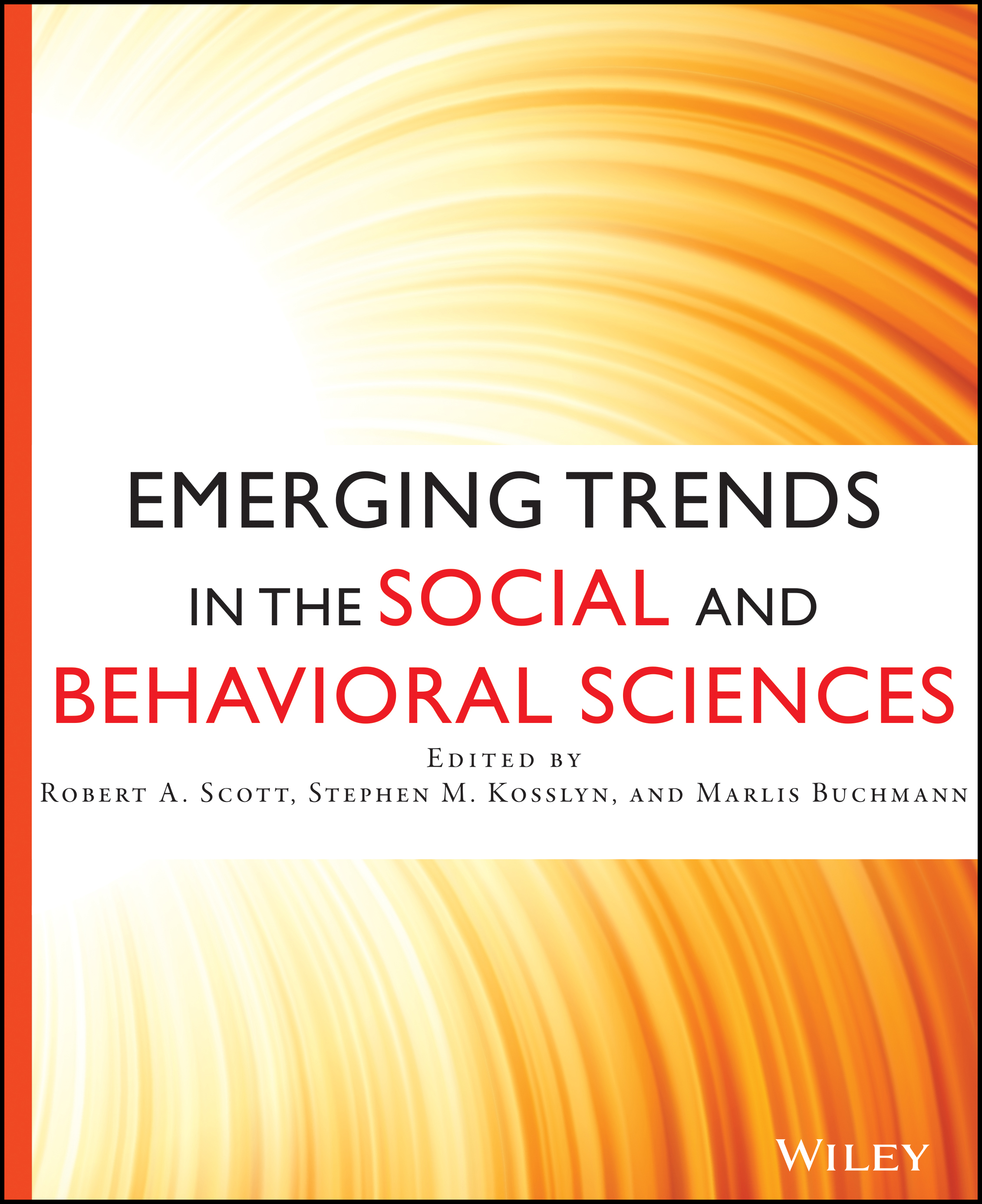To Flop Is Human: Inventing Better Scientific Approaches to Anticipating Failure
Abstract
Postmortems and autopsies, at the individual and hospital unit levels, are disciplined approaches to learning from medical failures. “Safety factors” that engineers use in designing structures and systems are based on past failures or trials and experiments to find points of failure.
The applied social sciences, including education sciences, labor economics, and criminology, have less clarity about failure. While a bridge collapse is usually plain and spectacular, failures of education innovations or attempts at crime control are often quieter, not spectacular, and often occur for no transparent reasons.
The applied social sciences lack disciplined, well-developed, and explicit approaches to anticipating the failure to meet expectations in testing the effectiveness of programs, analyzing the failures, and building a cumulative knowledge base on the phenomenon. Our fields can, for instance, identify “what works” pretty well from randomized controlled trials. However, little serious attention has been dedicated to understanding “why” and “how” a particular intervention failed to meet expectations in well-executed randomized controlled trials. This essay discusses a variety of research initiatives that are designed to better understand failure, especially in controlled trials.



